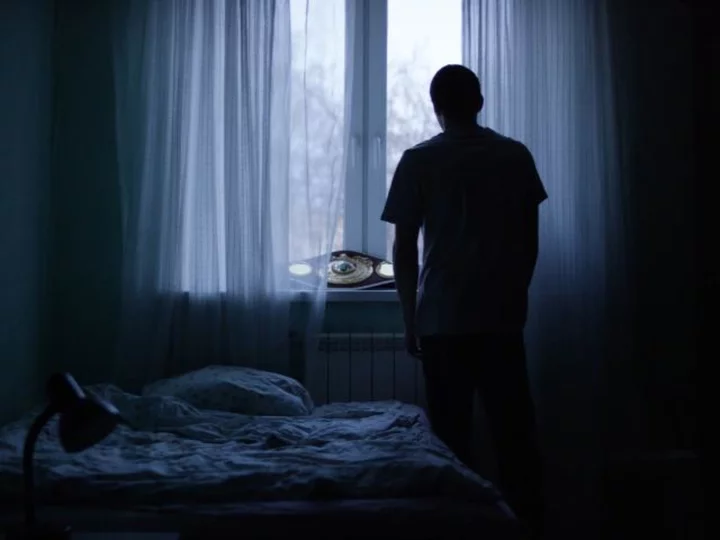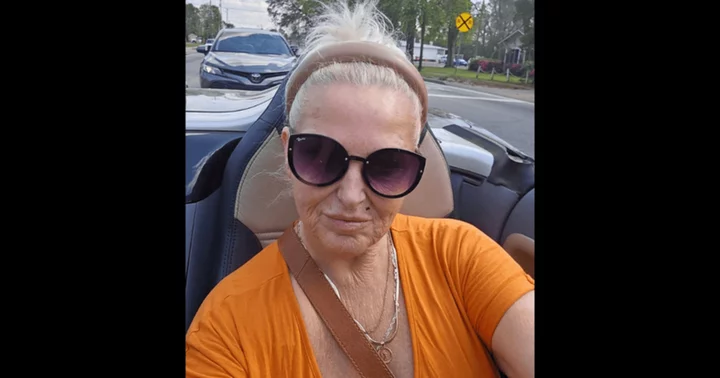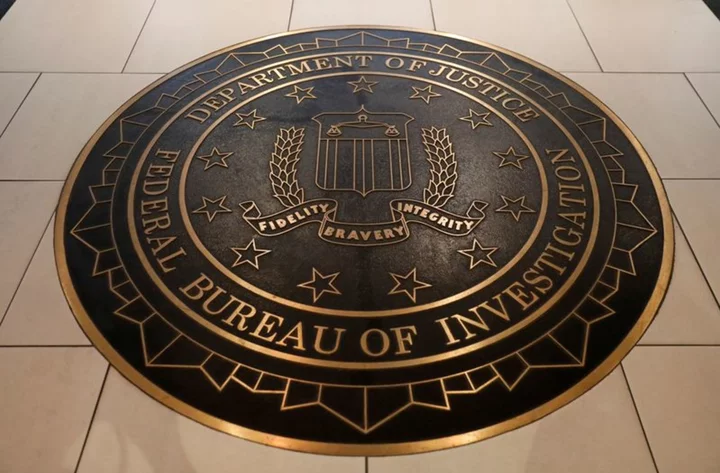Between 2000 and 2021, suicide rates in the US increased approximately 36%. According to the US Centers for Disease Control and Prevention, over 48,000 deaths in 2021 were suicides, occurring about once every 11 minutes.
Many more are considering it. The CDC estimates that in 2021, 12.3 million adults seriously thought about suicide. 3.5 million made a plan to do it, and more than 1.5 million attempted suicide. It's important to recognize the potential warning signs when someone intends to end their life as listed here from the Suicide Lifeline:
Talking about wanting to die or to kill themselvesLooking for a way to kill themselves, like searching online or buying a gunTalking about feeling hopeless or having no reason to liveTalking about feeling trapped or in unbearable painTalking about being a burden to othersIncreasing the use of alcohol or drugsActing anxious or agitated; behaving recklesslySleeping too little or too muchWithdrawing or isolating themselves Showing rage or talking about seeking revengeExtreme mood swings
Not everyone considering suicide will have these signs, and there are common myths and stigmas around suicide that could prevent those who are suicidal from seeking the help. Talking or texting a crises counselor can help you or a loved one better understand the situation.
If you or someone you know might be at risk of suicide, here are ways to help:
In the Unites States you can text or call 988 to reach the 988 Suicide & Crisis Lifeline (formerly known as the National Suicide Prevention Lifeline). It provides free and confidential support 24 hours a day, seven days a week for people in suicidal crisis or distress. To connect in Spanish, text AYUDA to 988. Support in other languages is available by calling 988. Deaf and hard of hearing people can access the 988 Videophone here.
You can also chat online via their web chat here. (Haga clic aquí para acceder al chat en español.)
You can learn more about all of their services here, including its guide on what to do if you see suicidal language on social media.
For Veterans, active service members, National Guard and Reserve members and their loved ones, the Veterans Crisis Line can be reached by dialing 988 and pressing 1. You can also text 838255 or chat online with a VA responder here. This is available 24 hours a day, seven days a week and is free. You do not need to be enrolled in VA benefits or health care. Veteran support groups and other assistance can be found here.
The Trevor Project provides free suicide prevention counseling for the LGBTQ community. You can reach their counselors by calling 1-866-488-7386 or texting START to 678-678. You can also start a webchat here.
Crisis Text Line offers free confidential text conversations with trained counselors 24/7. Text HOME to 741741, chat online here, or message via WhatsApp. Their in-depth guidance on suicide prevention can be found here.
Boys Town counselors provide youth-specific crisis care 24/7 by phone at 1-800-448-3000 or by texting VOICE to 20121. You can also communicate via email or download their mood app here.
The American Foundation for Suicide Prevention aims to improve awareness by hosting conferences and community walks for survivors and their families. Their #RealConvo Guide can show you how to reach out for help and start conversations.
Getting help around the world
For support outside of the US, the International Association for Suicide Prevention provides a worldwide directory of resources and international hotlines. You can also turn to Befrienders Worldwide. Crisis Text Line also provides international text numbers here.
Another way to help is by supporting the non-profits that provide suicide counseling, prevention and education. Volunteers are often needed and some organizations train people to become counselors.









